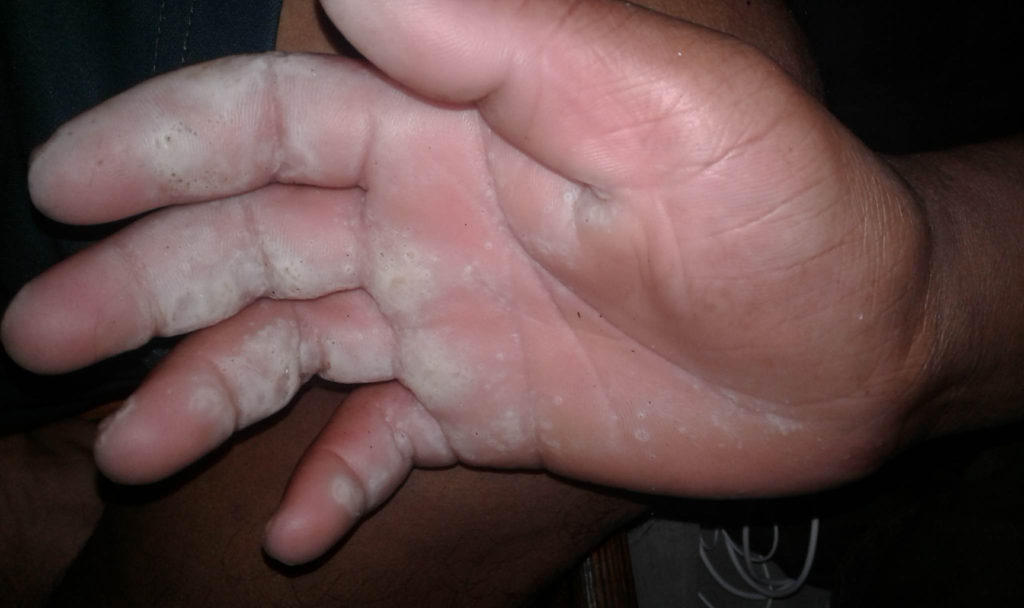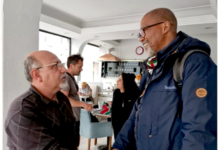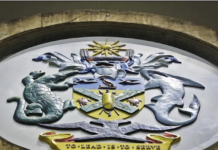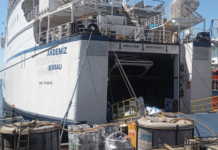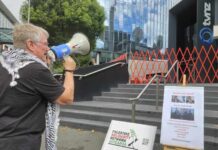
By Rahul Bhattarai
An allegedly “enslaved” Indonesian fisherman on board Yu Shun 88, a Taiwanese flagged tuna longliner, has now been repatriated from Fiji to his homeland, says an Auckland lawyer.
Barrister and solicitor Karen Harding alleged in a social media video message addressed to the skipper that the fishing boat was holding her client against his will in “abject” working conditions.
But with the help of an Indonesian government representative and a charity group known as Pacific Dialogue, the fisherman was repatriated to Indonesia last weekend.
Harding, a lawyer with a high profile in acting on drink and driving cases who has branched into human rights lawsuits, said the unnamed fisherman’s bed was infested with fleas, food was spoiled, and there was no fresh soap or water for showers.
The fishermen on the boat, which carries up to 17 people, were also forced to work for 18-20 hours a day, she claimed.
Harding said the captain had taken the passport, the seaman’s book and withheld pay as a security bond.
The fisherman wanted to go home due to “horrible working conditions” and many injuries.
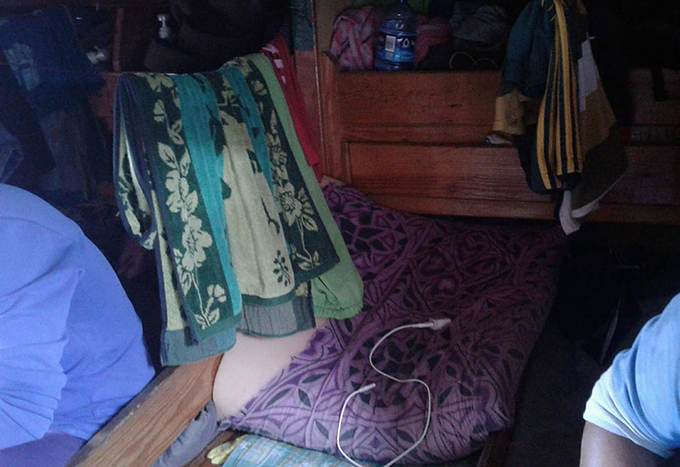
Wages withheld
One fisherman was so injured, he was “not even able to hold a chop stick,” Harding said.
“You are holding him against his will and your company is not paying him his wages and holding the wages back as security,” she alleged in the video message.
Her client got a job to work on a Taiwanese fishing vessel in Suva and “was promised, he was going to get US$450 (NZ$672) in wages and commission of US$400 (NZ$589) per month per docking,” Harding said.
Not paying them and holding wages as security was “creating forced labour”, Harding said.
“I liaised with the Indonesian government on Sunday … and liaised with the charity group known as Pacific Dialogue,” and the latter reported the matter to the embassy, Harding said.
The Indonesian government had been helpful in a timely dealing with this matter.
The Indonesian government had arranged for the representative of the Indonesian government to go to the agent’s office on the Suva wharf,” Harding said.
Seeking wages
Now that the fisherman was home, the problem was getting his wages for the time he had worked on the ship.
Out of NZ$1261 allegedly owed to him, he had only received $141 for four months of work. His contract had said that “if he didn’t complete the contract they weren’t going to pay his wages,” said Harding.
There are other fishermen on board the same ship, but because Harding was only dealing with one fisherman, the status of the others is unknown.
The same fisherman had also allegedly been subject to similar harsh conditions in New Zealand waters on board a Korean vessel.
The fisherman still had not been paid by the Oyang 77, for the period of 2009 January 22 to 2010 December 6.
“He effectively only got paid only one hour a day at the NZ minimum pay rate,” Harding said.
“And he worked 18 hours a day on average.”
No comment was available from the company’s involved.
The Yu Shun 88 is now headed towards Solomon Islands and is expected to spend another 12 months at sea with other fishermen on board.
- Indonesia cracks down on brutal conditions on foreign ‘slavery’ fishing boats
- Former Oyang crew in legal battle
